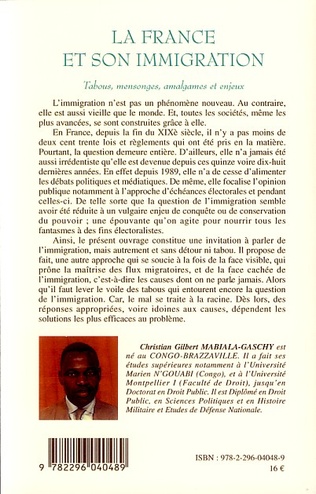Less than 1 percent of social worth produced by building companies comes by means of carbon decrease steps, figures shown Building and construction News show.
Information from structure company Procure Partnerships reveals that more than 98 percent of the ₤ 6.8 bn social worth produced through its structures originates from easy-to-achieve steps associating with regional work and supply chain invest.
Robbie Blackhurst, creator and director at Black Capital Group, which owns procurement group Procure Partnerships, informed Building and construction Newsthe metric now requires immediate updates to press the sector’s crucial ecological and social targets to the top of the program, calling the existing social worth metric “flawed”.
Blackhurst argued that metrics consisting of working with regional workers and subcontractors were nearly an offered within the building and construction market, and must not add to a company’s social worth rating.
He stated: “The present procedures tend to favour social worth activities that are currently typical, like regional work and regional supply chain invest.”
Obtain Partnerships utilizes the Themes, Outcomes and Measures (TOMs) social worth system.
This was established by the nationwide Social Value Taskforce in action to the general public Services (Social Value) Act 2012, and is extensively utilized by public sector customers.
The system was developed to get companies that commission public work to think about how they can best protect broader social, financial and ecological advantages within their work.
The social worth information shared by Black Capital Group with CN covers 646 tasks with an integrated agreement worth of ₤ 6.8 bn– consisting of a social worth of ₤ 793.6 m.
At ₤ 617m, accountable service metrics comprise 78 percent of the social worth developed, with ₤ 608m of that originating from investing with the regional supply chain.
Employability metrics represent 20 percent of the overall, at ₤ 160m, of which ₤ 159m originates from using regional subcontractors and regional personnel.
Ecological social worth accounted for ₤ 2.8 m of the complete ₤ 793.6 m (0.3 per cent)– leading a number of companies to call for a total revamp of what social worth requires.
Oliver Kempton, partner at social worth consultancy Envoy Partnership, concurred that social worth measurement focuses “too regularly […] on how organisations invest their cash”, for example on who they use and the supply chain they deal with.
“If public bodies truly wish to comprehend how their procurement is producing social worth, then they require to concentrate on how organisations affect both the environment and the wellness of the neighborhoods in which they run,” he included.
“This will include integrating the voice of stakeholders in those neighborhoods, embedding ecological metrics, and being clear on how their activities produce results for their neighborhoods.”
Blackhurst required ecological objectives to be removed from the social worth metric to offer it its own focus somewhere else, as social worth supervisors “typically do not manage ecological targets”.
“Creating this difference will guarantee that both social and ecological goals get the devoted attention they require,” he included.
The social worth revamp must be led by a main governing body that would deal with federal government and sector leaders to establish a standardised set of social worth metrics.
His remarks were echoed by Kingsley Clarke, structure operations supervisor (South West lot) at structure supplier SCF.
He stated: “The environment is enormously crucial to the building and construction market. We require to be thinking of embodied carbon, and the default being carbon-zero structures.
“However, I believe that requires to be separated from what lots of think about social worth, such as regional work, regional economy, education, reoffending.
“I concur more concentrate on ecological factors to consider is essential, however for many tier one specialists there are really various individuals who take a look at social worth and ecological problems.”
Valuable Zumbika-Lwanga, creator of procurement consultancy Carus Advisory Services, concurred that social worth procedures must be much better lined up to the environment.
She argued that the present system needs to move towards a system of standards, enabling each obtaining organisation higher versatility to select the metrics that are most appropriate to their requirements.
She stated: “Standardisation, while excellent, will definitely produce a platform to standard, drive effectiveness in reporting and an educated method to the allotment of funds however we can not neglect the danger of oversimplification and even worse tick-boxing.”
In 2015, CN reported that apprentice requirements enforced by regional authorities on professionals were backfiring — leaving some students out of work and companies expense.



